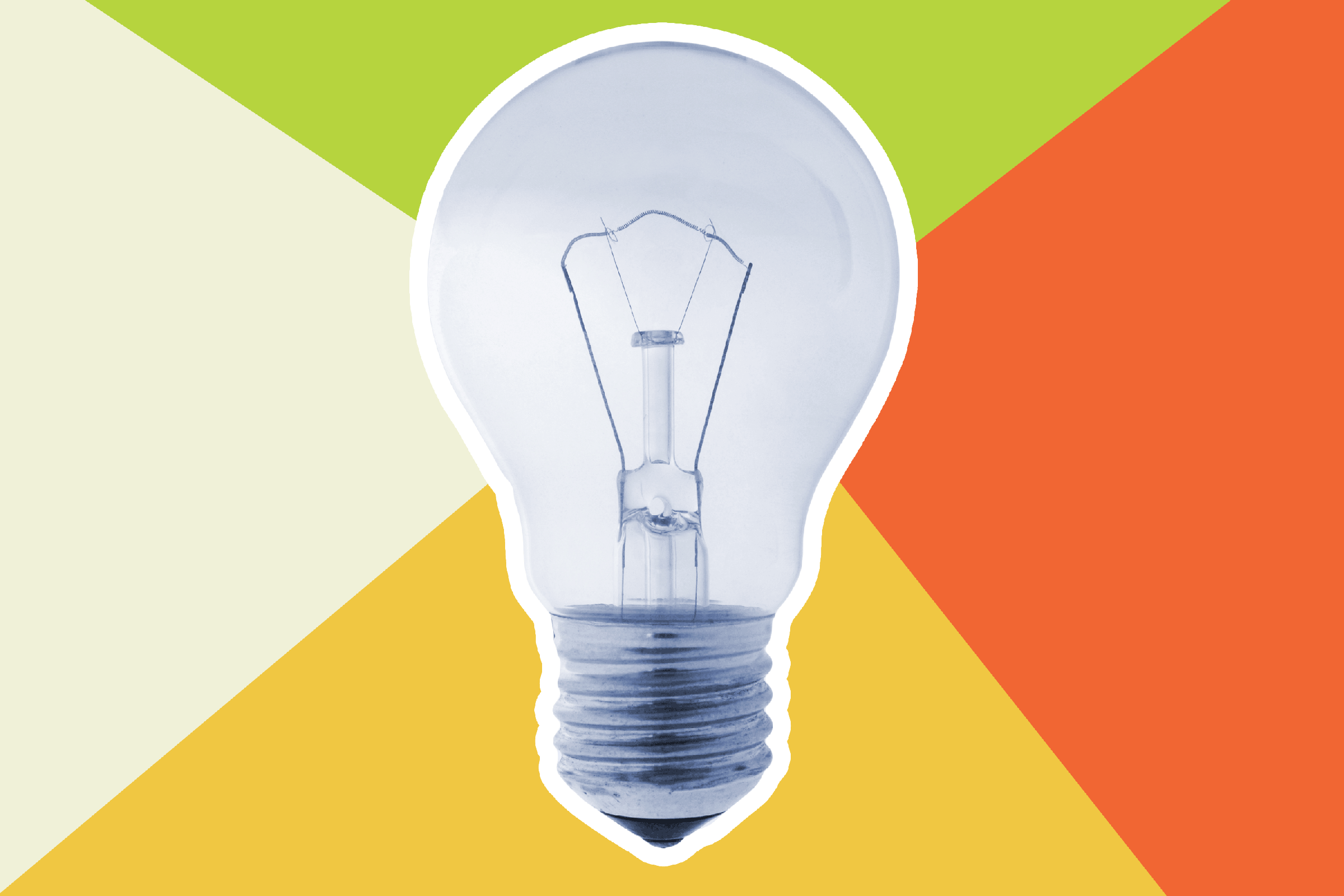
Traveling to a different time zone isn’t a big deal if you’re on vacation. But if you have to work—whether you’re a corporate executive or an athlete—you know that hopscotching time zones leaves your brain and body a bit discombobulated.
Why is that? “Your body has a central circadian clock that helps to coordinate all sorts of internal clocks and systems,” says Dr. Jamie Zeitzer, an assistant professor at Stanford University’s Center for Sleep Sciences and Medicine. Those internal clocks and systems determine how your brain and organs regulate different hormones, including the ones that govern appetite, energy, mood, and wakefulness. Light—more than any other single factor—helps synchronize all those clocks, Zeitzer says.
When you shift time zones, the light information your body receives doesn’t dovetail with your body’s expectations. That throws off all your internal clocks. “That’s why some people develop indigestion when they travel, or feel groggy or cranky in the middle of the day,” Zeitzer says.
In order for your body to get back on schedule, it usually takes a day or two for each hour of time change, he says. You can speed this process up by manipulating the times your eyes are exposed to light in the days leading up to your trip. For example, if you’re heading from New York to San Francisco—where the sun will rise and set three hours later—you might turn up the lights in your home later in the evening while trying to avoid bright light first thing in the morning.
Zeitzer calls this “traditional” light therapy. But according to a study Zeitzer and colleagues just published, sporadic flashes of light—not continuous exposure—may be better at resetting your internal clocks. “We found that you can use flashing light to pre-adapt people to new time zones,” he says.
Take that same New York to San Francisco trip; exposing your eyes to bright flashes of light three hours before the sun rises in New York could help you adjust to the new time zone four times faster than traditional light therapy techniques, Zeitzer’s study indicates.
Best of all, you can expose your closed eyes to these flashes while you sleep. Not only did the people in Zeitzer’s experiments not wake up, but they also didn’t report feeling groggy or tired during the days they received the flashing-light therapy, he says. Certain cells within your retina seem to respond to the light flashes. They remain active and start to shift your circadian clocks even as you continue to snooze.
At some point in the near future, Zeitzer says this flashing-light therapy may be available to you in the form of a sleep mask or bedside device.
What can you do in the meantime? Traditional light therapy is still effective, says Dr. Michael Grandner, director of the Sleep and Health Research Program at the University of Arizona.
Grandner says wearing blue-light blocking sunglasses in the morning or evening to avoid exposing your eyes to sun-strength rays can help you pre-adjust to your new time zone. (Just Google “blue blocking glasses.”) So if you were traveling from San Francisco to New York, you’d want to wear those glasses in the afternoon or evening, he says.
Taking a little melatonin—your body’s natural sleep-regulating hormone—can also help, Grandner says.
Your body normally starts releasing melatonin around dinnertime, and continues to do so until you rise the next morning. So if you’re making that SF-to-NY trip, popping some melatonin when you slip on your blue-blocker shades can help. If you’re traveling in the other direction, you might want to wear those shades and swallow some melatonin the minute you wake up, he says.
One more thing to keep in mind: If you’re only going to be out of your usual time zone for a day or two, you could use all these methods at your destination to prevent your body from being thrown off by a short travel stint, Grandner says. “For short trips, adjusting to the new time zone probably isn’t worth it,” he says.
More Must-Reads from TIME
- Why Trump’s Message Worked on Latino Men
- What Trump’s Win Could Mean for Housing
- The 100 Must-Read Books of 2024
- Sleep Doctors Share the 1 Tip That’s Changed Their Lives
- Column: Let’s Bring Back Romance
- What It’s Like to Have Long COVID As a Kid
- FX’s Say Nothing Is the Must-Watch Political Thriller of 2024
- Merle Bombardieri Is Helping People Make the Baby Decision
Contact us at letters@time.com